Never miss a thing
New boots. New innovations. New events. We've got a lot going on. So you're going to want to stay in the know.
Product
Sustainability
February 07, 2024
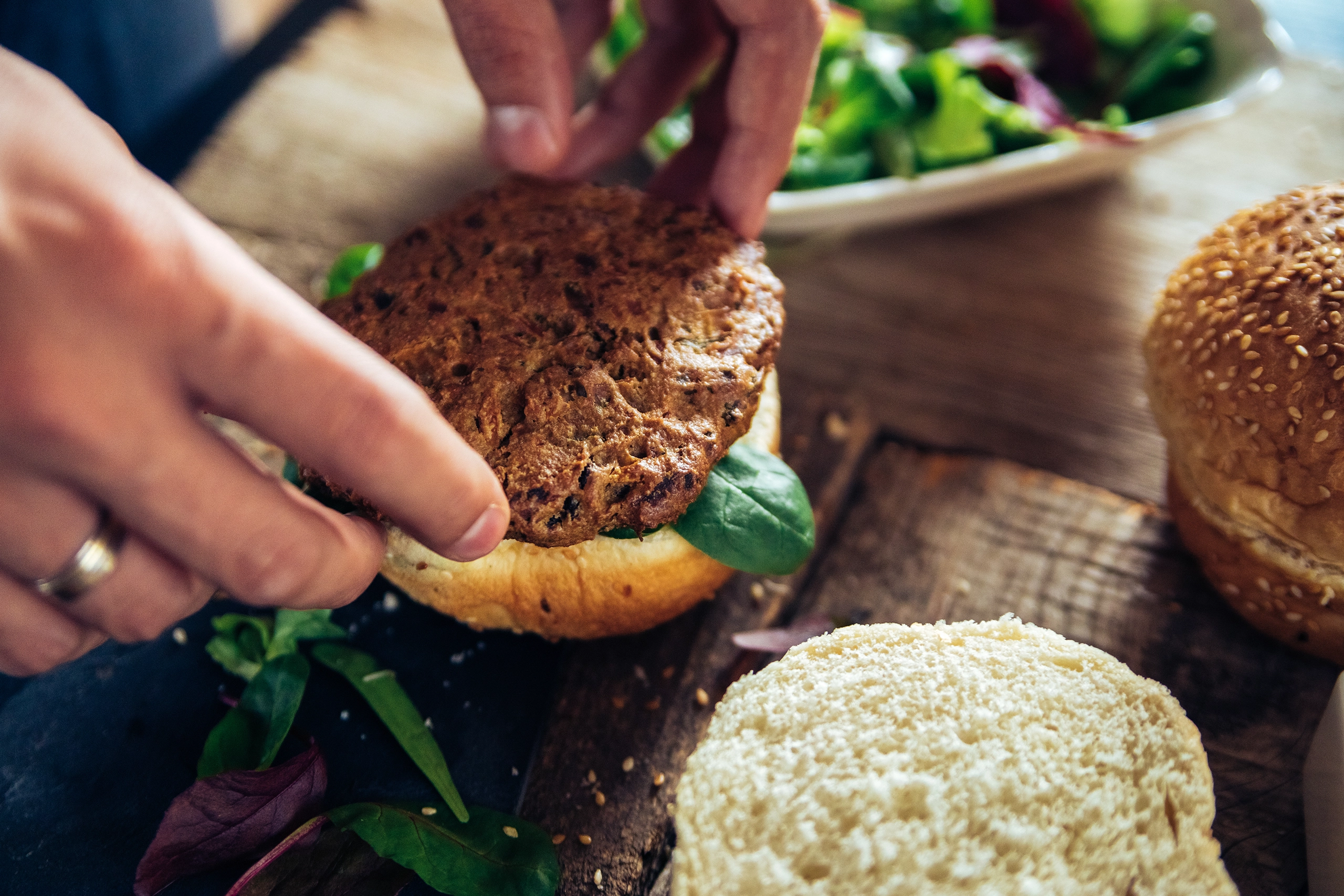
We don't like the term 'vegan'.
Not because we want people to eat more meat. That would be a bit hypocritical since we have a certified Vegan football boot and we're an eco-friendly brand. We just hate this idea of ‘all or nothing’. It makes people think of veganism (and sustainability) as two camps: either you’re doing it, or you're not.
We think there’s another way: doing everything in moderation. That means eating less meat in the week, but maybe having a local chicken with your roast. Or swapping out beef mince for meat substitutes, but still having a bit of parmesan on your pasta. Rather than just going full ham (pardon the pun) for a short while, our take is that a few lasting swaps are significantly better than none.
To help you introduce some meat-free meals into your diet, we’ve pulled together a little guide for footballers who still want to get all the right nutrients in their body. From ways to get more protein, to the best things to eat to absorb iron, you can use this guide to slowly make your meals, and your game, a bit more planet-friendly. Now hands up, we're not trained experts, but we've played enough football and eaten enough vegan meals to know what feels good.
Read more
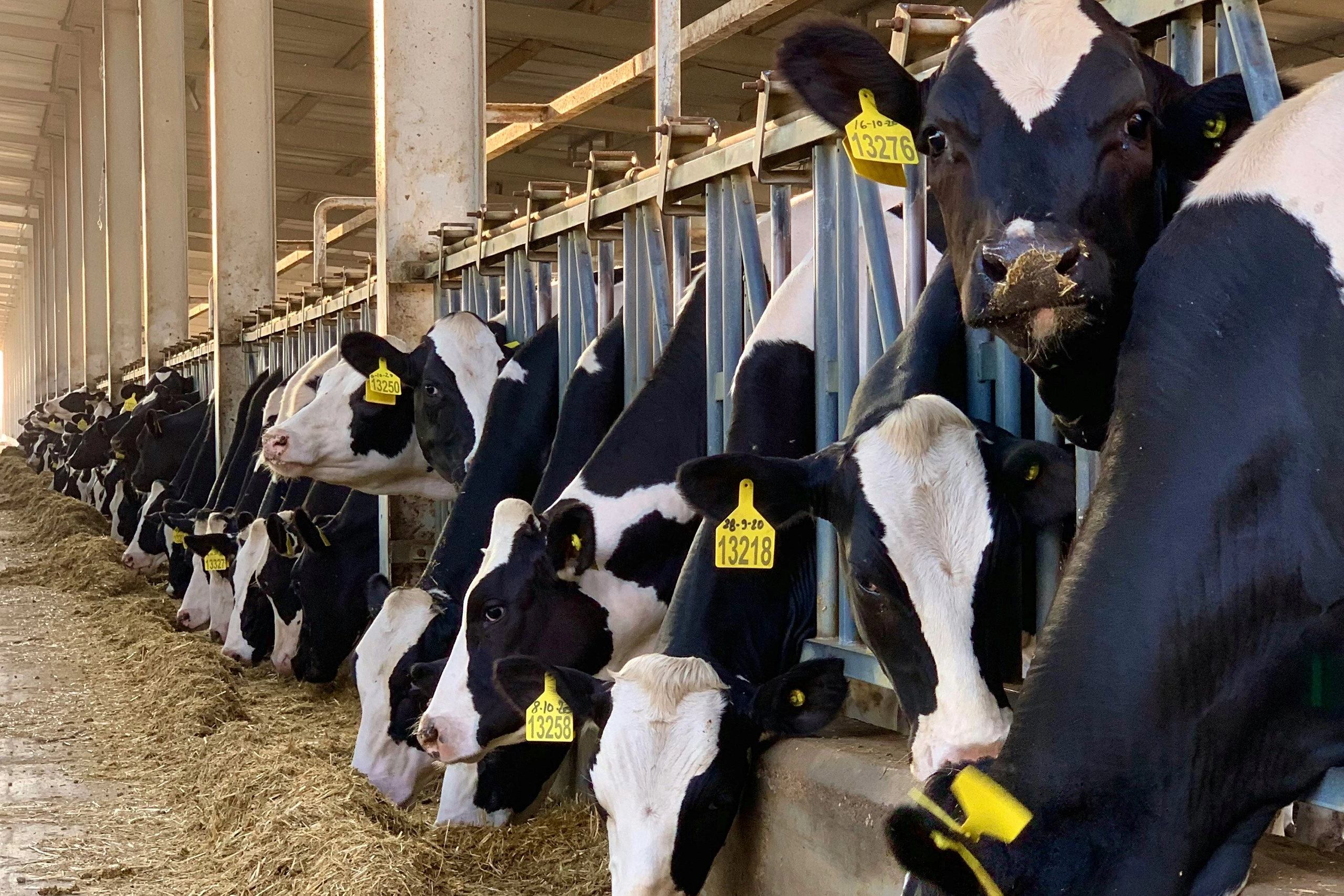
We hear it all the time. Eating meat at the rate that we do is bad for the planet, and for many other things. But why exactly?
1. Greenhouse gases
The energy needed to run the meat industry is huge. Farms that raise the animals, factories that process the meat and then the transportation that takes it across the world. But the animals themselves also contribute to global warming. Cattle are by far the worst. With 1.5 billion cattle across the world, raised just for the meat industry, they release 231 billion pounds of methane into the atmosphere each year
(which is why we don’t use calf leather in our boots.)[1]
2. Land use
People often think that if everyone stopped eating meat, we wouldn’t be able to grow enough crops to sustain the human population. The truth is surprisingly the opposite. If everyone shifted to a plant-based diet, we would reduce global land use for agriculture by 75%.[2] This is because most crops are actually used to feed livestock. Plus, they need a lot of land to live in as well.. Of course, not everyone is going to suddenly switch over, but if we all consumed half the amount of meat we do right now, we could re-wild huge areas of the world for endangered species.
3. Carcinogens
We know that organic meat is pretty good for humans, especially for athletes, however not all meat is born equal. Meats that have been preserved by smoking or salting, curing or adding chemical preservatives (also known as processed meats) actually increases your cancer risk. These are classed as a Group 1 carcinogen, which means there is strong evidence that proves they cause cancer. So if you’re looking to reduce your meat intake, cut these out first.[3]
Read more

Plenty of professional footballers have found themselves turning to veganism, whether it’s for personal or environmental reasons. Discovering what it takes to stay at the top of their game whilst eating a fully plant-based diet.
We spoke to Adrian Mariappa, who currently plays for Salford and Jamaica, about his diet, and he asked not to be called a vegan athlete. “I just eat the way that I feel reacts well with my body’” he states simply, “it’s stuff that I’ve learnt over an extended period of time.” After finding out he was highly intolerant to eggs and dairy, it became essential for Mariappa to find a different way to get the right nutrients in his body. But luckily, he’s never come across any problems.
“In terms of protein,” Mariappa says, “I’ve been closely monitored at clubs, and no one has ever come back and said I was protein deficient. My weight, my body mass, has always been stable the whole time.” But it wasn’t eating enough protein that ended up being the hardest part, it was the scrutiny: people watching him with hawk eyes to try and catch him out at every opportunity.
Luckily, Mariappa isn’t one to let other people’s opinions affect him. Which is why he just does what’s good for him. He believes wholeheartedly that nutrition is one of the most important parts of football, so when it comes to diet, his advice is just to follow what feels best.
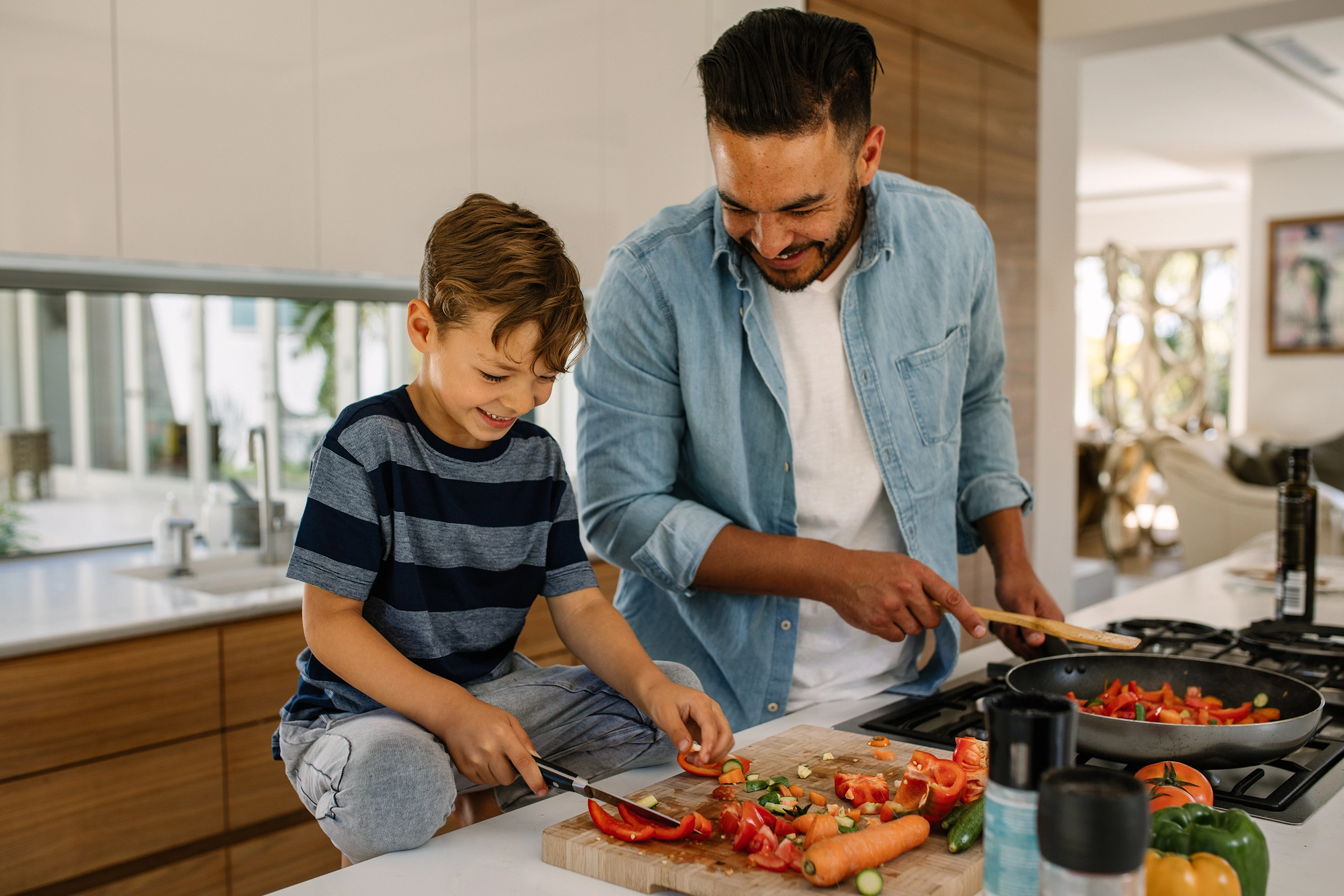
Let’s start with the thing that most athletes won’t stop harping on about: protein. Essential for repairing muscles (and bones), producing hormones and enzymes and boosting immune health (as well as other things) it’s a big part of playing any sport. Which is why lots of people ask: can I perform just as well on plant protein as I do on meat and dairy protein?
The answer is yes, as long as you’re smart about it. Some plants include masses of protein, and others just a few grams, however the best tactic is just to eat as much of a variety as possible. Make sure that each of your meals includes at least one of the items below, as well as snacks throughout the day. And if you think vegan foods have to be super bland? We’ve got some recipes below that prove otherwise.
Read more
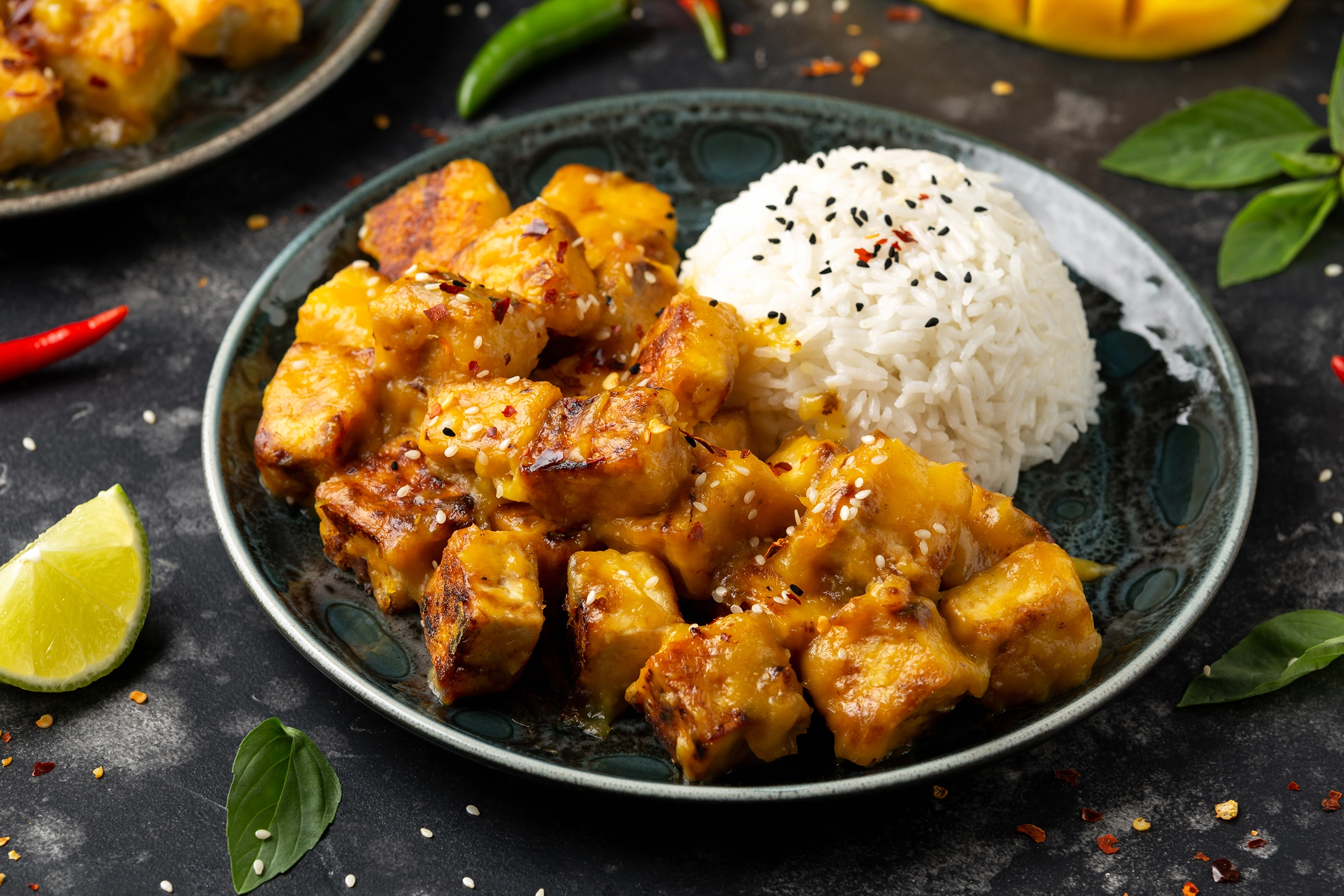
Tofu
Soya beans, also known as edamame, is an extraordinary protein source. Steamed and salted beans will give you the most amount of protein, but tofu is easier to include in recipes.
What to cook: This mapo tofu recipe provides 22 grams of protein (and has been rated 5 stars), so there’s no reason not to try it.
Beans
Each bean will have a different amount of protein, but the two we have found to contain the most protein are large white beans and kidney beans.
What to cook: A kidney bean curry is an easy and filling meal, and one that you can make in batches and eat for days on end.
Read more
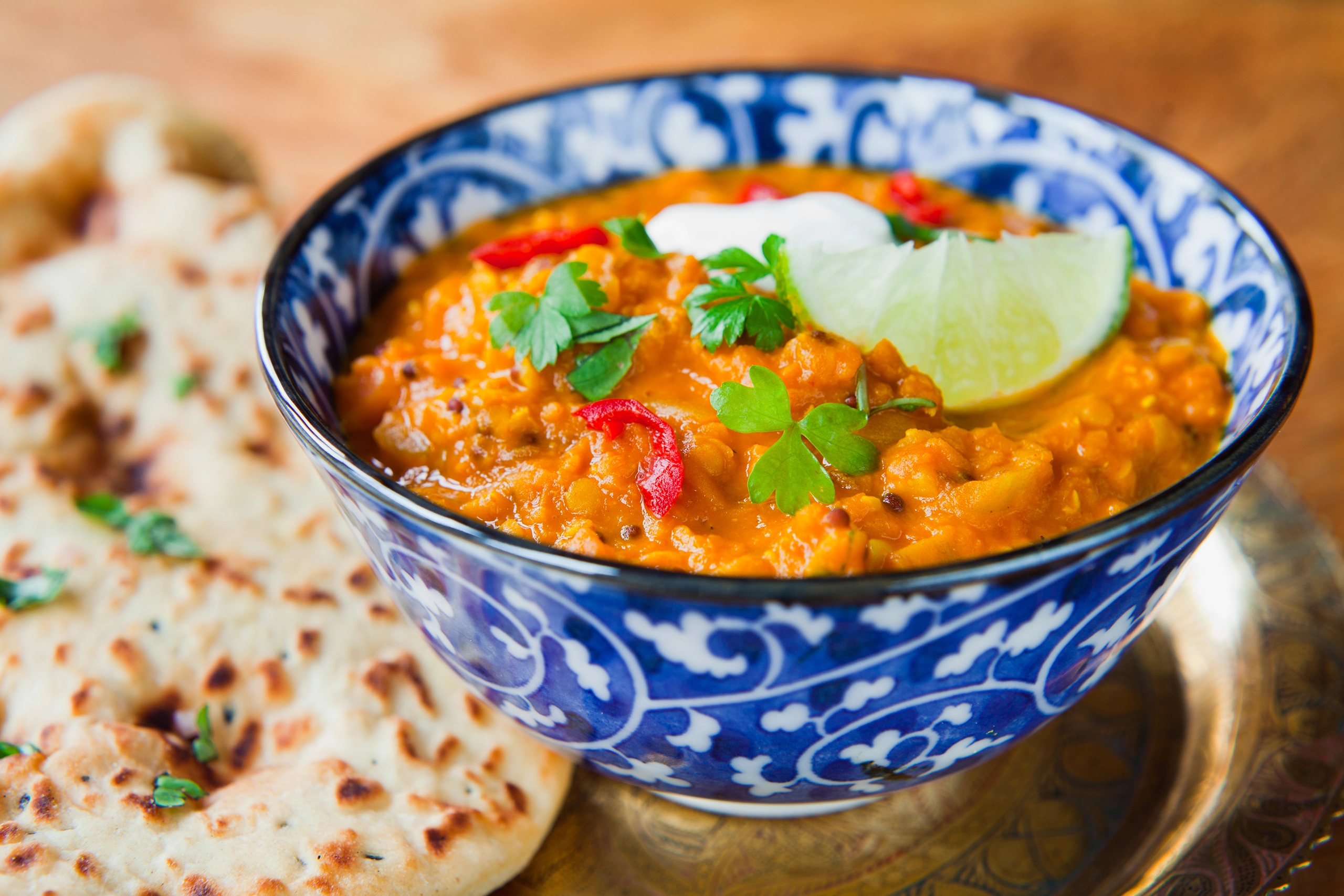
Lentils
Lentils can be cooked in so many ways, and once they have been soaked it actually makes it easier for the protein to absorb into your body.
What to cook: This spinach, sweet potato and lentil dhal is not only good for protein, but also iron (something we’ll talk about later.)
Chickpeas
Chickpeas can be eaten straight out the tin in a salad, cooked into a variety of meals, or seasoned and
baked for a delicious and easy snack.
What to cook: This Mediterranean chickpea salad is super quick to pull together, and gives you all the right protein and vitamins.
Nuts
Peanuts are pretty cheap to buy, and include the most protein out of all nuts. Not only that, they also have biotin in them, which helps to convert food into usable energy.
What to cook: Obviously, you can just keep a packet of peanuts with you, but if you want to cook something nutty, here are the Guardian’s 10 best peanut recipes (only some are vegan).
Read more
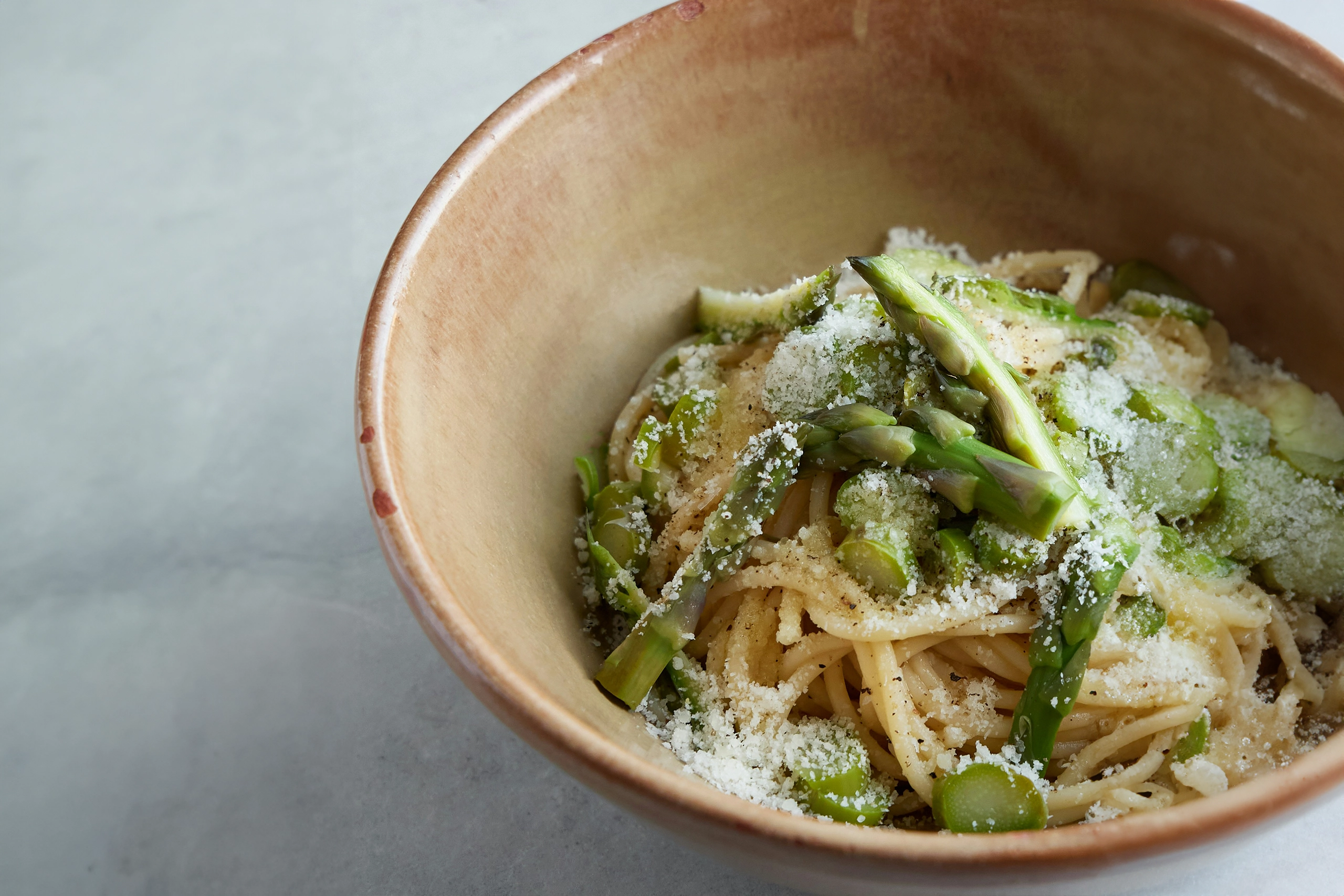
Vegetables
Veggies are often forgotten when it comes to protein, but if you’re trying to hit your daily protein needs, eating things like broccoli, asparagus and sweetcorn will help.
What to cook: This lemon garlic pasta with broccoli and asparagus can get whipped up in a fix, and has all the most delicious flavours.
Vegan protein powder (last resort)
And if, after all that, you still feel like you’re not getting your protein fill, then you can always supplement. Vegan protein powders are usually made up of things like beans, soy and hemp seed, and can just help you get those final few grams.
Our biggest piece of advice when switching over is to just listen to your body. Make sure you are getting a range of different vegetables, beans, legumes and nuts to keep you performing at your best. There will always be an adjustment period, but if you feel like your body is really struggling, then make sure you re-introduce things like eggs and milk to bolster your protein portfolio.
When it comes to other parts of the food pyramid, it’s actually very easy to get everything else in vegan foods. Carbohydrates, fats and salts are easily found in a plant based diet, so this part of your meal won’t have to change too much.
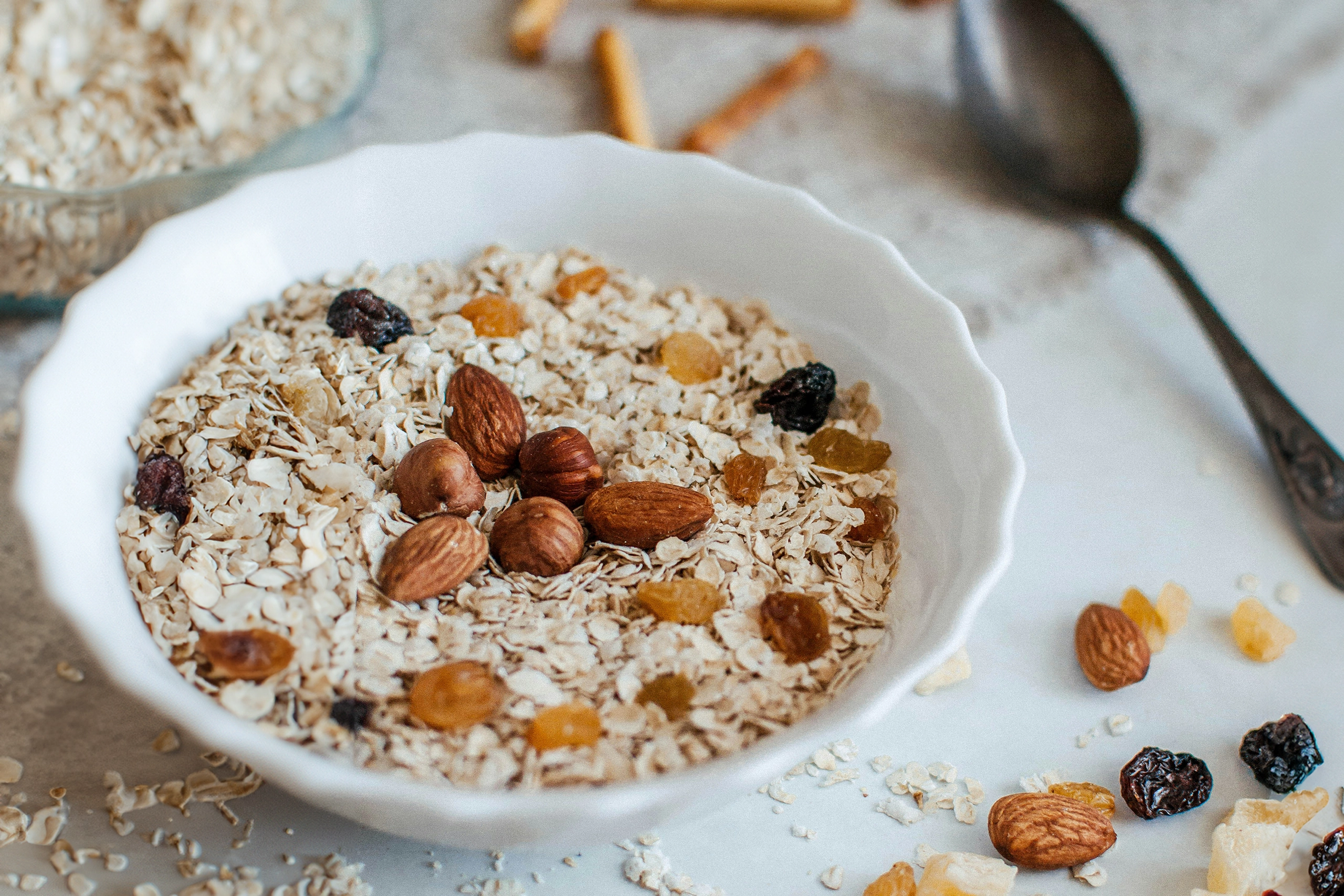
It’s not just protein that you get from meat and dairy. They give your body loads of vitamins and minerals that not only help your body function properly, but significantly reduce the time it takes to recover. In this section, we’ll tell you which vegan foods you can eat together to not only get the most vitamins, but also improve the way they absorb into your body.
Omega-3
Omega-3 is a fatty acid that is fantastic for your heart and brain. Plus, it’s not just found in our fishy friends. It's actually very easy to get your Omega-3 from things like walnuts, flaxseeds, chia seeds and hemp seeds, or even from edamame and seaweed. Luckily, walnuts and chia seeds also have the fats you need to absorb the Omega, so you just need to eat and go.
Iron & Vitamin C
Iron is essential for growth and development, as your body uses iron to make haemoglobin (a protein in red blood cells that carry oxygen). Without it, you would struggle to train as hard, and recover much slower. So where do you get it if you don’t want to gnaw on a steak anymore? Classic sources of iron for vegans include spinach and kale (as well as nettle, which is incredibly high in iron!) However legumes also include masses of iron. And if eaten with a source of vitamin C, like oranges, lemons, kiwis, berries and tomatoes, you’ll be absorbing iron like there’s no tomorrow.
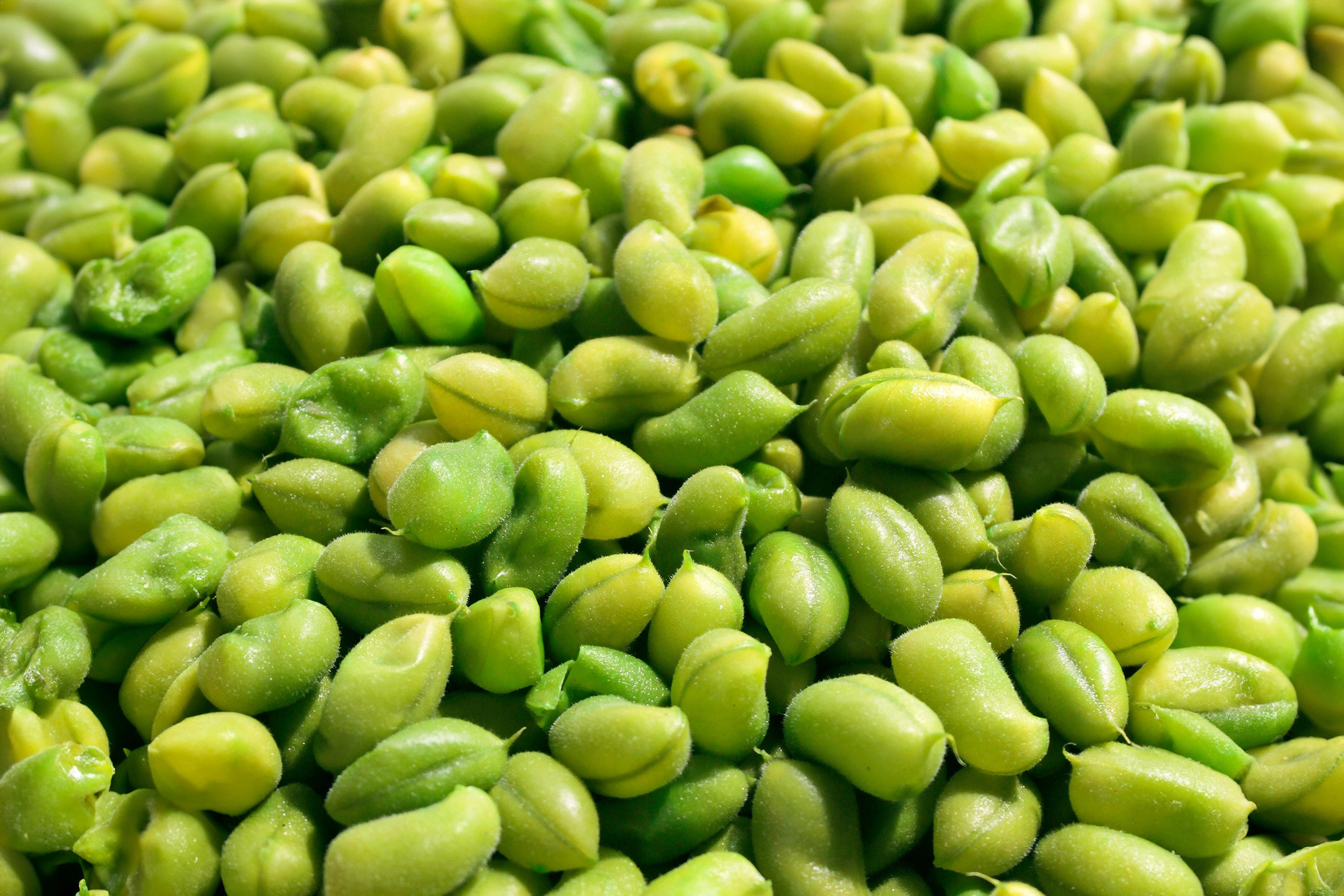
Calcium & Vitamin D
Petit Filou helps bones grow strongerer. And that’s true because of the calcium in milk. So where can you get it as a vegan? Well, soy actually has a good amount of calcium, as do lentils, beans and peas. And if you pair it with things like mushrooms and leafy veg (which have vitamin D) then you’re going to be indestructible.
Vitamin B & Folic acid
Vitamin B does a range of fantastic jobs, but it can mostly help to break down carbohydrates and carry nutrients around the body. Perfect for anyone trying to build up mass. It’s also wonderful for energy levels, so not a vitamin to turn your nose up at. However it is one of the harder vitamins to consume as a vegan. Fortified substitute milks and nutritional yeast can give you a good amount, eaten alongside green vegetables like brussel sprouts, cabbage, kale and spring green (which have the necessary folic acid to absorb). But we would also suggest taking supplements on the side.
Zinc (& Iron) & sulphates
Zinc helps your immune system and metabolic function, as well as being key in healing wounds. Luckily, you can find them in a range of foods, which means you can get them into almost every meal. These include fermented soya beans, wholemeal spaghetti, tofu, quinoa, wheat germ, pumpkin seeds, lentils, couscous, wholegrain rice, cashew nuts and sesame seeds. Eaten with dried fruits or fruit juices, and you’ll find your cuts and bruises healing up in no time.
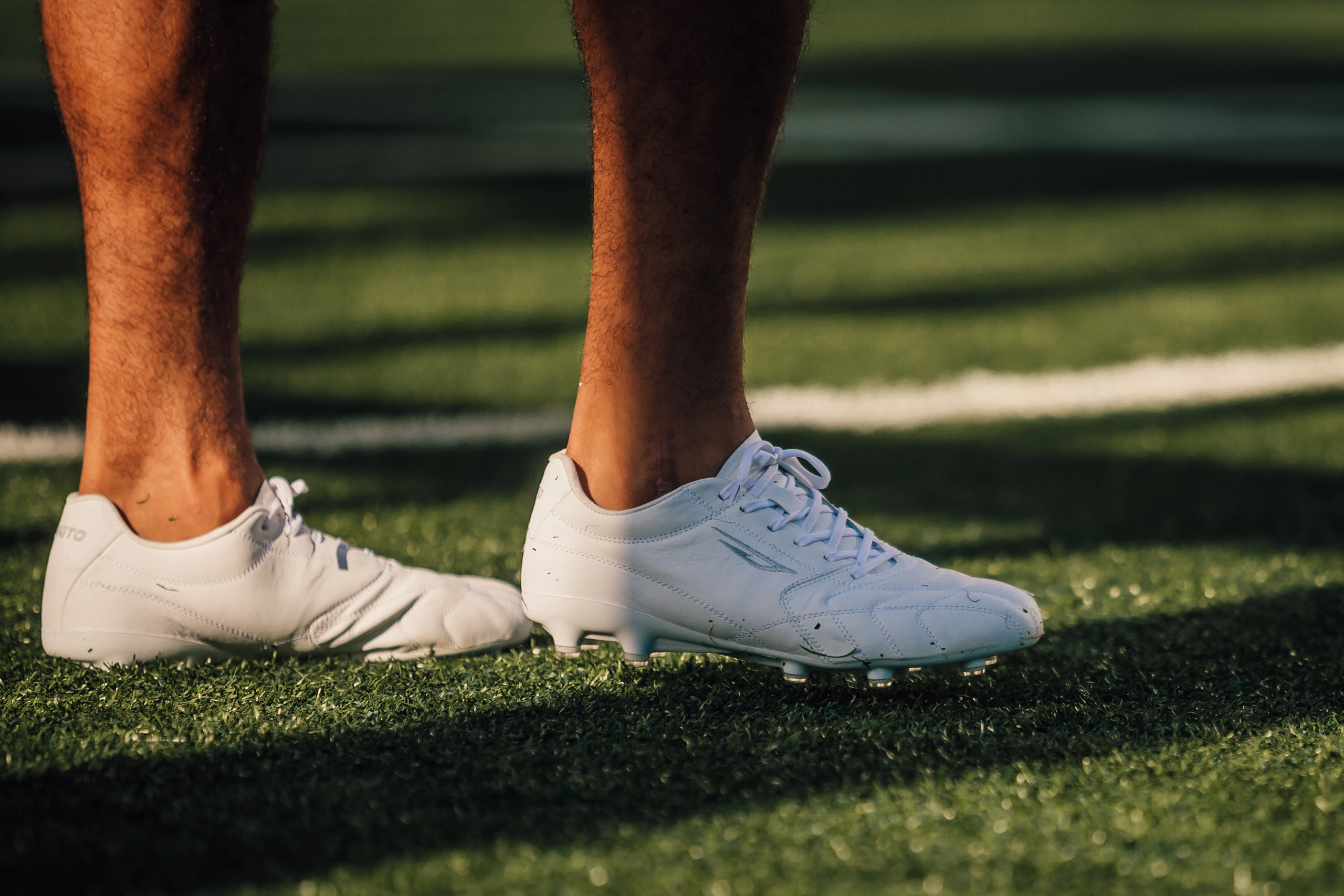
Sources:
[1] EPA - Agriculture and Aquaculture: Food for Thought
[2] Our World in Data - If the world adopted a plant-based diet
[3] Cancer Council - Red meat, processed meat and cancer
Matilda Godson
February 07, 2024